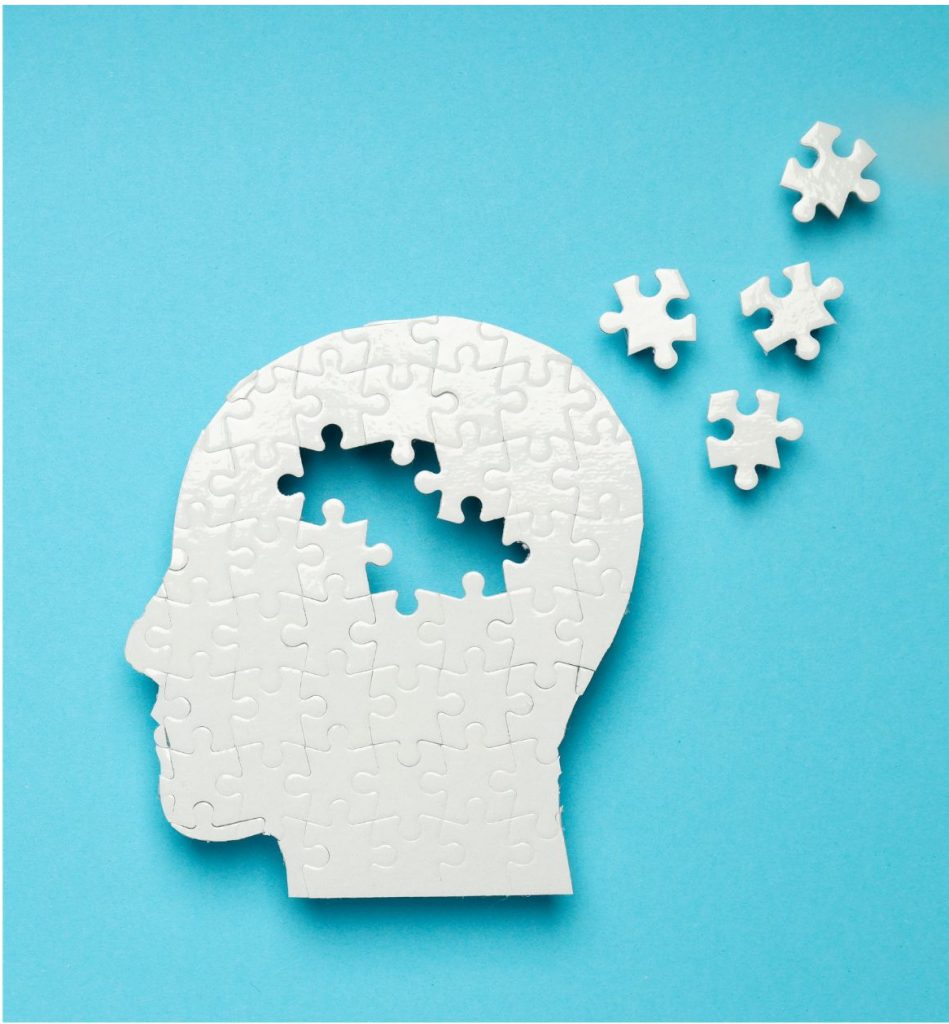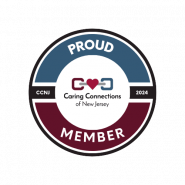Understanding Dementia and Alzheimer’s: Recognizing the Early Signs
Dementia is a general term that describes a decline in mental abilities severe enough to interfere with daily life. Alzheimer’s disease is the most common type of dementia, accounting for 60-80% of cases. Understanding the early signs of dementia and Alzheimer’s is crucial for seeking timely medical attention and accessing available treatments and support. This article will explain some factors and challenges to notice.
Early Signs of Alzheimer’s
Memory Loss
One of the earliest and most recognizable signs of Alzheimer’s is memory loss that disrupts daily life. This includes forgetting recently learned information, important dates or events, and increasingly relying on memory aids or family members for tasks the person used to handle independently. While some age-related memory changes are normal, persistent forgetfulness that affects daily functioning is a red flag.
Challenges in Planning or Solving Problems
Individuals may have trouble following a familiar recipe, tracking monthly bills, and concentrating on tasks that require organization and logical thinking. These cognitive difficulties often worsen over time as the disease progresses.
Confusion with Time or Place
People may lose track of dates, seasons, or the passage of time, and have trouble understanding their current location or how they arrived there. This can lead to getting lost or disoriented, even in familiar environments.
Difficulty Completing Familiar Tasks
Tasks that were once second nature, like driving to a regular destination or operating household appliances, may become increasingly challenging. This can be an early indicator of the cognitive decline associated with Alzheimer’s.
Trouble Understanding Visual Images and Spatial Relationships
People may have difficulty reading, judging distances, or determining color or contrast, which can impact daily activities like driving or getting dressed.
Changes in Mood and Personality
As Alzheimer’s progresses, individuals may experience increased anxiety, aggression, or withdrawal from social activities. They may also have difficulty finding the right words when speaking or writing, and may misplace items more frequently.
Facts and Figures
According to Alzheimer’s disease Facts and Figures, nearly 7 million Americans are living with Alzheimer’s. By 2050, the number is projected to rise to nearly 13 million.
Seeking a Comprehensive Medical Evaluation
It’s important to note that not everyone with these signs will necessarily have Alzheimer’s or another type of dementia. Some conditions, such as thyroid problems or vitamin deficiencies, can also cause cognitive changes. Seeking a comprehensive medical evaluation is crucial to determining the underlying cause and receiving appropriate treatment.
The Importance of Early Diagnosis
Early diagnosis of Alzheimer’s or other dementias is essential, as it allows individuals and their families to access support services, plan for the future, and potentially explore medication that may address some symptoms for a time. If you or a loved one is experiencing any of the signs described, don’t hesitate to speak with a healthcare provider. With early intervention and support, individuals with Alzheimer’s or dementia can maintain their quality of life and independence for as long as possible.
Risk Factors and Prevention
While some risk factors like age and genetics cannot be changed, many other risk factors with proper management of health conditions possibly can. Early intervention and prevention are key.
If you or a loved one is experiencing memory challenges, Princeton Medical Institute can help empower you to address these issues. Take the first steps toward a brighter tomorrow by contacting Princeton Medical Institute today.



